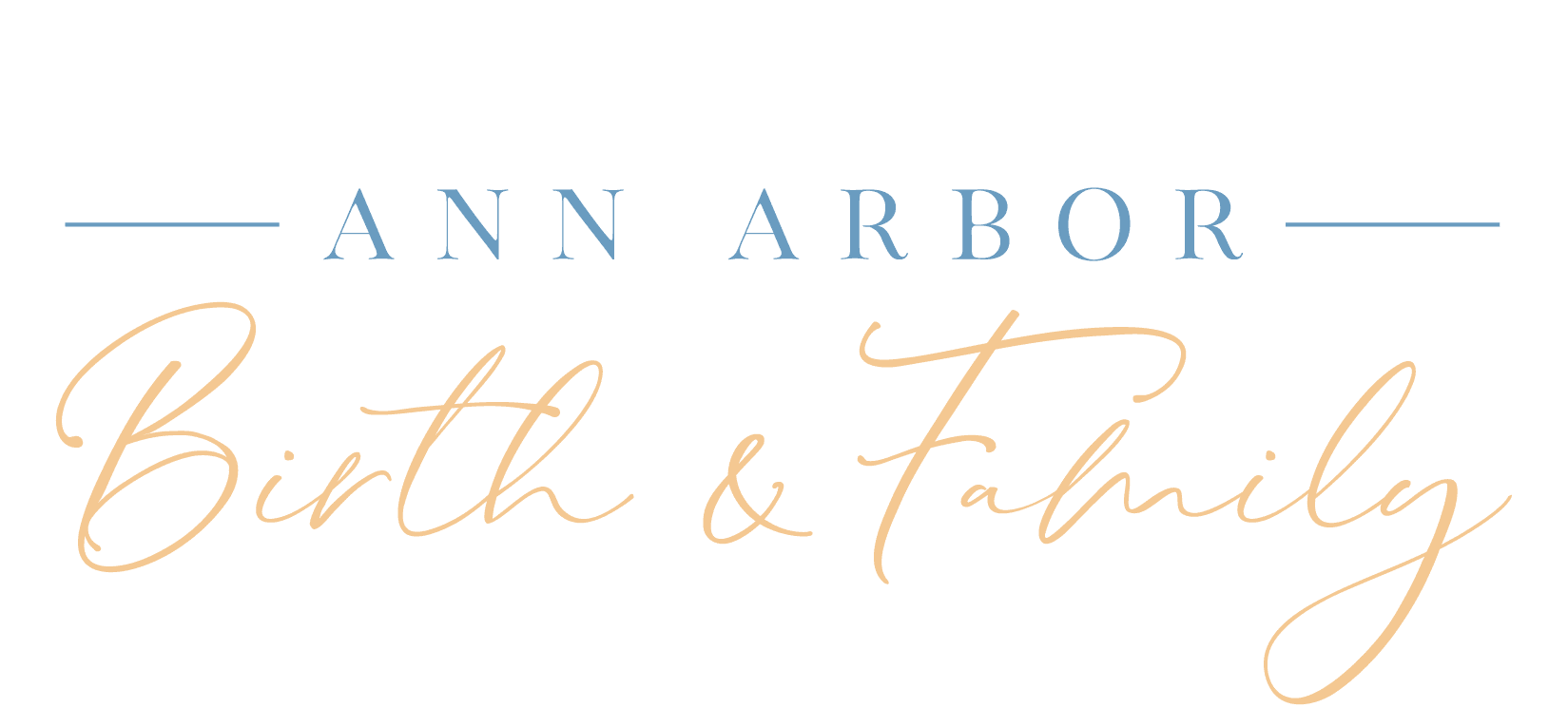While the birth of a child is a miraculous and joyful event in the life of a family, the process of birth is unpredictable, and doesn’t always go as planned. Sometimes parents are traumatized or overwhelmed by the powerful emotions they experience in response to the events of a difficult birth experience.
I often see parents online looking for a birth trauma support group, in hopes of finding a safe space to process and heal from traumatic birth. What propels this search is often a birth experience that has left the parent feeling angry, isolated, or confused. Perhaps she is struggling with symptoms of postpartum depression or post-traumatic stress as a result. Her dreams of a her baby’s birth day being the best day of her life are shattered, and she does not know where to turn to feel better.
Well meaning friends, family, and perhaps even professionals may have told her to just focus on being grateful that she and her baby are safe, or that time will soften her feelings of anger, confusion, shame or disappointment. However, she knows it’s not that simple, especially when she can’t shake the feelings as the weeks, months or even years go by.
Over time, she may discover that her experience has left her doubting her ability to make sound decisions, or questioning her own strength and capabilities as a parent. She desperately wants to feel validated and understood. She needs reassurance that she is ok, that her experience is real, and that she has good reasons to feel the way that she does. Beyond that, she longs to feel strong, capable and confident again. She yearns for a greater ease in connecting with her baby. She wants to regain a sense of safety or security that may have been compromised by the fear and helplessness she felt while giving birth.
Driven by this desire to feel better, a parent may seek out others in the same situation for support. She may look for, and find, a chance to tell her story in a room full of others who understand. Parents who know how she feels, because they have felt the same way. This can be comforting, and can provide a sense of connection that has been lacking in her interactions with family, friends, or other groups of mothers.
While telling the story in this setting may provide comfort for some, another parent may walk away from such an experience feeling frustrated, disappointed or further traumatized. She may find that telling the story triggers her to relive the experience, prompting an intense emotional or physical reaction, as if the trauma were happening right then and there. Or she may realize too late that telling her story in a room full of relative strangers leaves her feeling too vulnerable, overexposed or dissociated. She may also be triggered by the stories of others, reinforcing of her own feelings of powerlessness and victimization. After the fact, she may feel let down, because her feelings about herself and her birth haven’t changed as she had hoped. She may even feel like a failure because the courageous act that was supposed to help her heal has led her to feeling worse than before.
The truth is, traumatic experiences are sometimes more powerful than we realize. They can alter how we move through life, and how we experience ourselves and our relationships with the world and the people we love. The stories that people carry forward from traumatic events are worthy of deep respect and honor. Any time we tell a traumatic story, or invite another to do so, it is important to tread carefully, assessing for potential pitfalls ahead of time. It is critical that we have a clear intention when we invite traumatic birth stories forward, and that we have the skills and resources at hand to tend the powerful feelings, physical reactions, and emotional states that may arise.
There are a number of approaches and modalities that can help with this process. A skilled psychotherapist or practitioner trained in mind-body trauma therapies, such as EMDR, somatic experiencing, therapeutic artwork, or somato-emotional release can be a great guide for using the trauma story to facilitate a healing experience. Many Birthing from Within mentors also have specific training in working with difficult birth stories to create healing and resolution.
While telling the story in the wrong context, or without adequate facilitation, can do more harm than good, talking about what happened may be an important component of the healing process after a traumatic birth. When such stories are shared at the right time, and in the right context, a parent may be able to find new meaning in the story, thus changing how she feels about herself in relation to what happened. She may come to remember her own strength, power and resilience, rather than being stuck in feelings of fear, powerlessness and disappointment. This can be a profoundly healing experience that allows her to regain her energy, sense of safety and connection to life.
By therapist, doula, and educator Sierra Hillebrand

